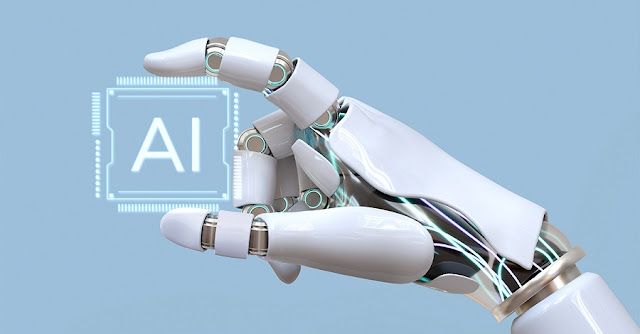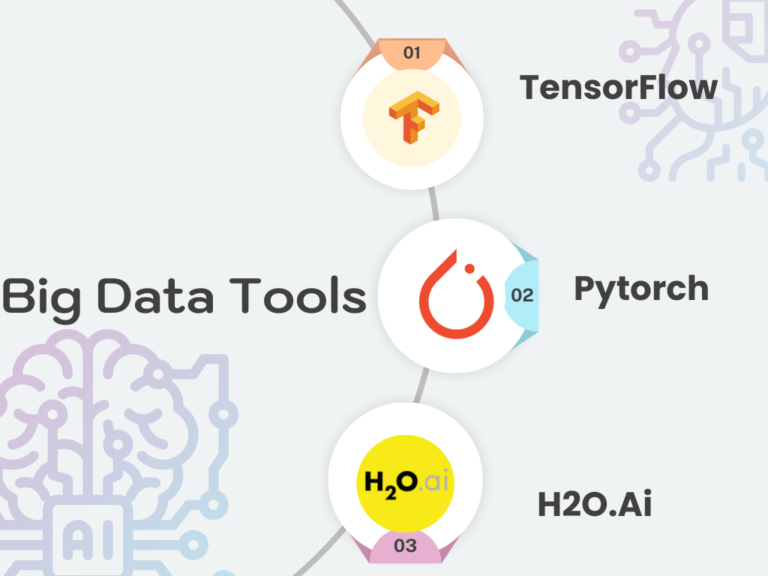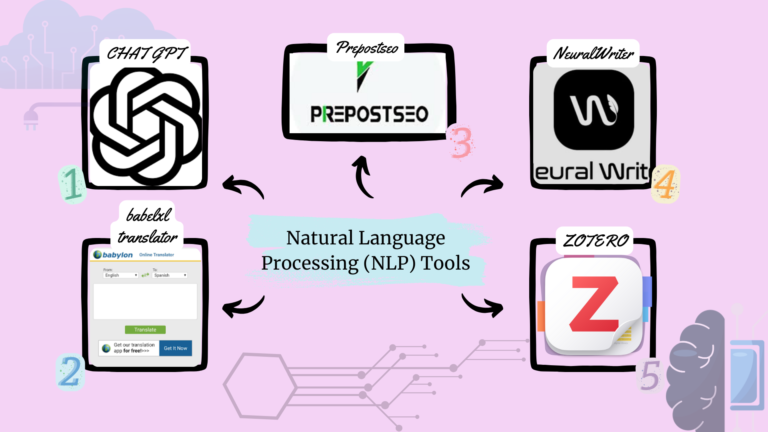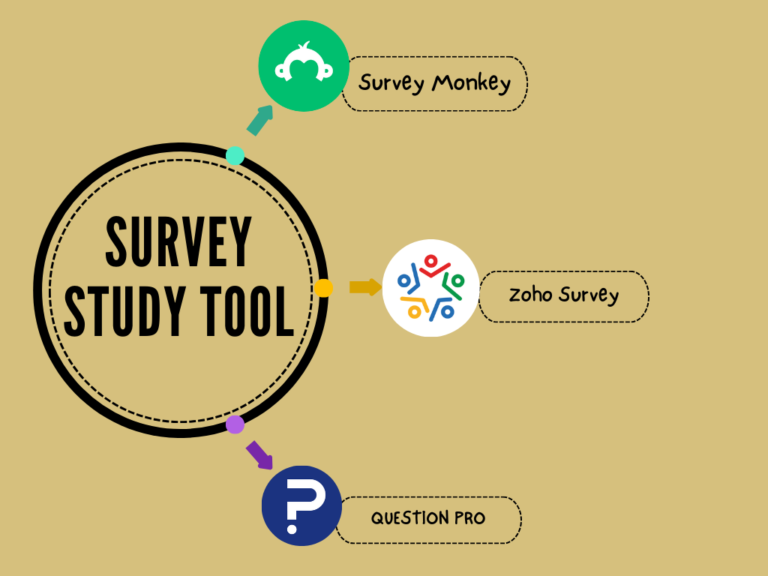Physical Address
304 North Cardinal St.
Dorchester Center, MA 02124

Introduction
Artificial intelligence is one of the fundamental branches of computer science. It aims to develop methods and systems to perform tasks requiring human intelligence in the best possible way, such as analysis, natural language understanding, translation, and learning. AI tools are used in various fields of life, most notably in scientific research, where artificial intelligence helps researchers and students by providing tools and techniques that save time and effort. It is important to emphasize a key point: employing artificial intelligence does not eliminate the researcher’s contribution to their work or their creative abilities. In other words, artificial intelligence provides tools and techniques that assist the researcher in building their research methodology.




These refer to tools used for text analysis, translation, and information extraction. Examples include:



BabelXL is an online translator that allows users to translate texts between multiple languages. The website offers cloud-based translation services, enabling users to save their translations and access them online. BabelXL supports translating texts from Spanish to English and from Spanish to French, as well as other languages.





QUESTION PRO
QuestionPro is a comprehensive online platform used for creating surveys, polls, and data analysis. It is considered one of the leading tools in the field of research and professional data collection. The platform offers a wide range of features that meet the needs of researchers, marketers, academic institutions, and businesses.


“What topics or tools do you consider important and would like us to discuss in the second part of this article? Share your ideas and suggestions so we can address them in a way that meets your research needs.”

Great rundown of AI tools! It’s interesting to see how platforms like TensorFlow and PyTorch have revolutionized research, but I also agree that it’s crucial to maintain the researcher’s creative involvement in the process.
I love how the article touches on the balance between using AI for efficiency and still maintaining the researcher’s personal touch. AI isn’t about doing the work for you, it’s about making you more effective.
It’s great to see the growing role of AI in research! I think the point you made about AI being a tool rather than a replacement for human creativity is key. It really does help us save time on repetitive tasks, so we can focus on the deeper analysis.
I really appreciate how the article emphasizes that AI tools assist researchers, but ultimately it’s the researcher’s creativity and critical thinking that shapes the research. AI can make processes more efficient, but it can’t replace the human element in academic work.
The balance between AI efficiency and human creativity in research is so crucial. I think it’s important for researchers to remember that while AI tools like TensorFlow can analyze data faster, the interpretation and insight still rely on their expertise.
I like the distinction made in the article between AI tools as assistants and researchers as creators. It’s a helpful reminder that AI isn’t a replacement, but a way to streamline the research process.
It’s great to see AI being used as a tool to enhance the research process. The idea that AI doesn’t replace the researcher but rather complements their creativity is really important. What other AI tools are you finding useful for academic research?
AI tools like TensorFlow are undoubtedly transforming the way researchers handle big data, making complex analyses more accessible. However, as you pointed out, these tools should complement rather than replace human creativity and critical thinking. It would be interesting to explore strategies for ensuring that AI enhances originality rather than leading to over-reliance—what are your thoughts on that balance?
This post does a great job highlighting how AI tools can assist without replacing the creative and analytical efforts of researchers. It’s fascinating to see how platforms like TensorFlow streamline big data analysis, but I’m curious—how do you think researchers can maintain originality while relying on these tools for efficiency?
AI tools like TensorFlow definitely play a huge role in research by streamlining data analysis, but I appreciate the reminder that they should complement human creativity, not replace it. It’s a great balance between technology and critical thinking.
I really appreciate how you emphasize that AI doesn’t replace a researcher’s creativity, but rather enhances it. I think it’s important to remember that while AI can help with tasks like data analysis or drafting, the human touch is what makes research truly impactful.